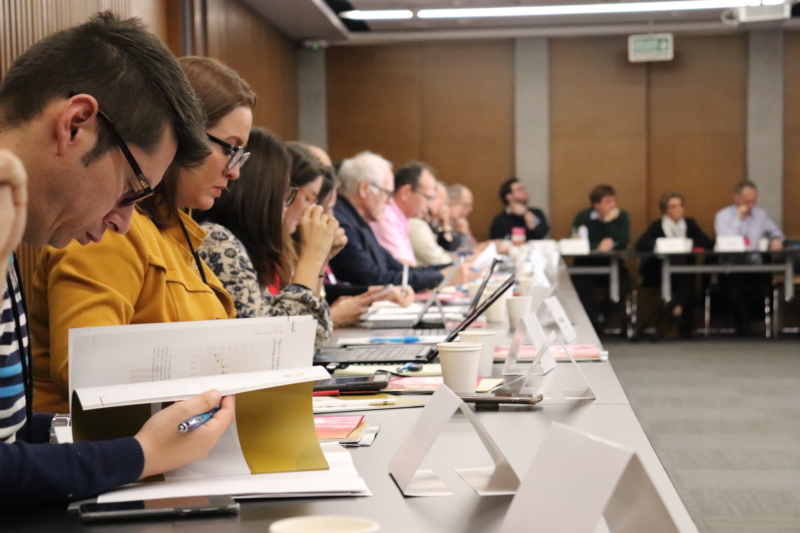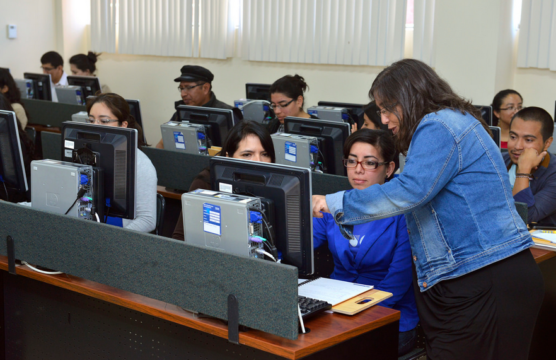
Producing High-Quality Teachers
Teaching is crucial to high-quality education, yet there is little agreement on how to produce high-quality teachers
This article was originally published in the Journal of International Cooperation in Education, CICE Hiroshima University.
In Latin America, as in other regions of the world, the expansion of education coverage has led to concern about safeguarding the quality of instruction. In particular, the selection, training, and professional certification of teachers and the support they receive via continuous professional development remain key policy challenges. Target 4.c of the UN’s Sustainable Development Goals, which prioritizes the need for a well-trained and qualified teaching force, provides a call to action and an international commitment to strengthening teacher quality. Reaching this target by 2030 will require collective action across countries and sectors within the education field. In this paper, we offer an overview of the current state of teacher policies in Latin America, propose a set of policy priorities to improve teacher quality in the region, and argue for a regional and collaborative approach to strengthening teacher policies.
In 2015, the United Nations adopted the Sustainable Development Goals (SDGs), aimed at reducing global poverty and inequality and protecting the planet for all inhabitants by 2030 (UN, 2015). SDG 4-Education 2030 addresses global education priorities, and target 4.c specifically establishes the need to “substantially increase the supply of qualified teachers, including through international cooperation for teacher training in developing countries” (UNESCO, 2015, p. 21, target 4.c). Within the larger framework of SDG 4-Education 2030, target 4.c is considered a Means of Implementing (MOI) the seven core targets—a way of recognizing that quality teaching is an essential prerequisite for learning to occur (along with adequate infrastructure and scholarships) (UNESCO, 2015).
The purpose of this article is threefold:

In Latin America, there has been significant progress towards other SDG 4-Education 2030 targets, such as expanding access and coverage to basic education (target 4.1) and tertiary education (target 4.3), but sustaining this expansion without sacrificing quality will require a significant increase in the supply of qualified and certified teachers (Commission for Quality Education for All, 2016). With this paper, we hope to make the case for why a regional approach, both to establish priorities for improving teacher excellence and collectively address them, can be effective, especially given the call for “international cooperation” in Target 4.c.
Teaching is crucial to high-quality education, yet there is little agreement on how to produce high-quality teachers
Preparing students for the 21st century requires the use of ICTs and technology in schools
Despite the importance of teachers in the learning process, systems for recruiting, selecting, training, and supporting teachers remain deficient.
 Inter-American Dialogue / Flickr / CC BY 2.0
Inter-American Dialogue / Flickr / CC BY 2.0

